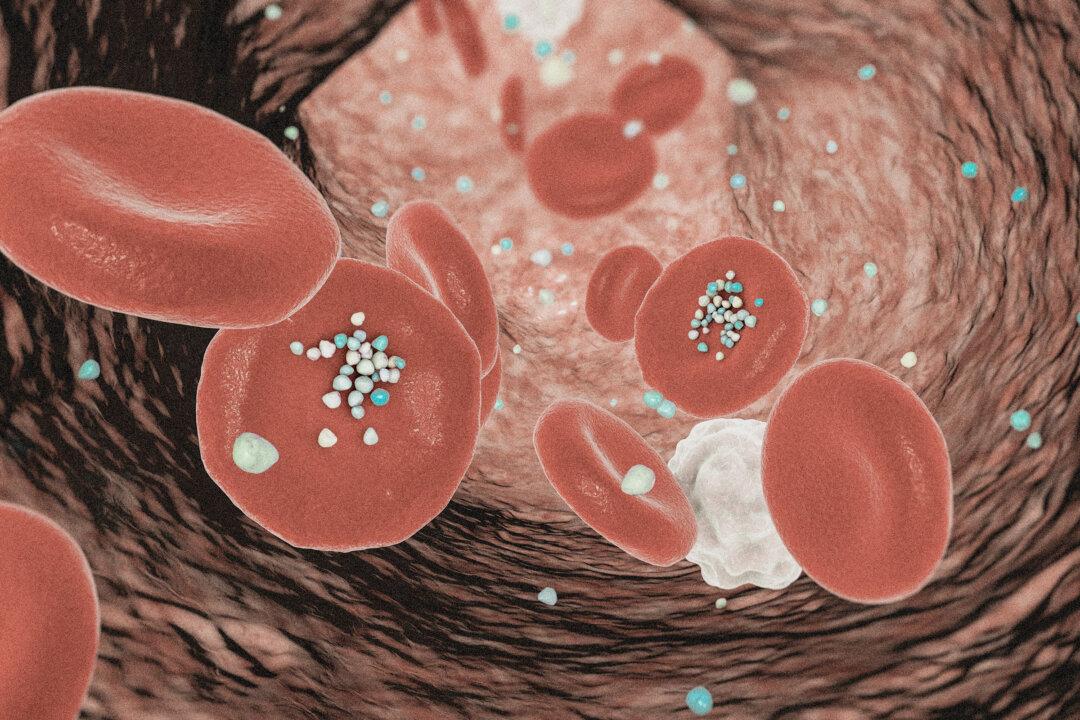Ever feel like your gym sessions crawl by at a glacial pace, with each minute on the treadmill feeling more interminable than the last? Well, you’re not just imagining it.
Exercise Puts Time in Slow Motion
The recent study, published in Brain and Behavior, found participants experienced a slower passage of time while exercising, regardless of whether they competed against others or exercised alone.The research involved 33 participants completing a standardized time-perception task before, during, and after cycling on stationary bikes while watching a simulated race course. They wore headsets that created several virtual environments, including solo cycling, cycling with a passive avatar, and competitive cycling against an active opponent.
The participants had to estimate a 30-second time interval, following a standard procedure to ensure consistency. They did this before starting, during, and after completing the exercise.
During the run, participants felt that time passed more slowly compared to before or after.
When assessed at 500-meter (0.3-mile), 1,500-meter (0.9-mile), and 2,500-meter (1.5-mile) intervals, the perceived slowing of time remained consistent throughout the run.
This is the first study to “conclusively demonstrate” that perceived time slows during exercise, unaffected by competitors or exertion levels, using a controlled experimental design, according to the authors.
The findings have implications for exercise choices, enjoyment, and performance optimization, Andrew Edwards, the head of the School for Psychology & Life Sciences at Canterbury Christ Church University in the UK and lead author of the study, told The Epoch Times.
Manipulating Time Perception Has Real-Life Benefits
One way to motivate people to exercise could be to cognitively distract them from physical discomfort and “make them less aware of physical sensations and the passage of time,” Mr. Edwards said.This could involve introducing “double tasks” that incorporate problem-solving during the activity, teamwork, or listening to music. “And, of course, by making the activity extra fun,” he said, “because we also know that ’time flies when you’re having fun.'”
Mr. Edwards said the study findings have meaningful implications for competitive athletes.
“Accurate goal setting, planning, and in-race awareness of chronological pace and time reinforced by external stimuli have recently been shown to be highly relevant to high-level world records,” he said.
Using new techniques such as visual cues from LED light systems installed on tracks could provide helpful external timing and pacing guidance to support athletes and coaches in achieving their best performance outcomes, according to Mr. Edwards.
While his study provides a glimpse into how our perception of time can be warped under certain conditions, Mr. Edwards noted that it’s unclear whether the results generalize to other populations due to the relatively small number of participants already in good physical shape.
Time perception is a topic with broad applications and presents many avenues for intriguing research, he added.
“Indeed, Einstein is reputed to have noted, ‘Sit with a pretty girl for an hour and it feels like a minute; sit on a hot stove for a minute and it feels like many hours. That’s relativity.’ That’s time perception,” Mr. Edwards said. “If we relate that to different situations, understand it, and plan for it, then we can potentially use it to our advantage.”
The next step is to extrapolate these findings to other groups and examine possible effects on health and performance. The researchers also plan to explore ways to motivate people to exercise and use this perceived slowing of time to their advantage.







